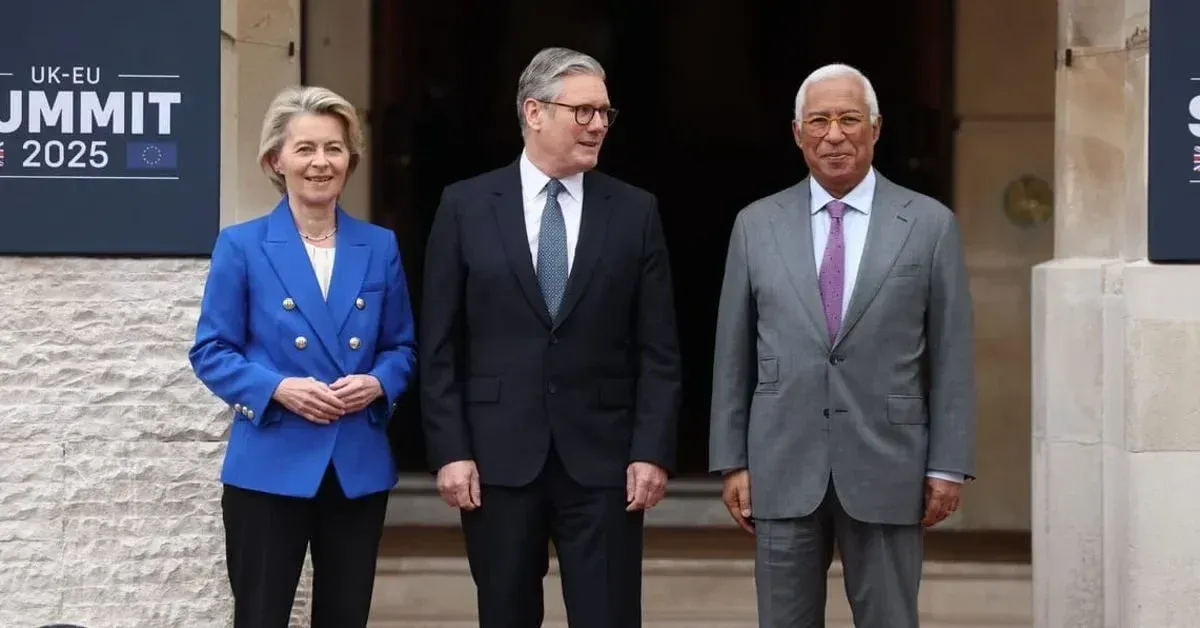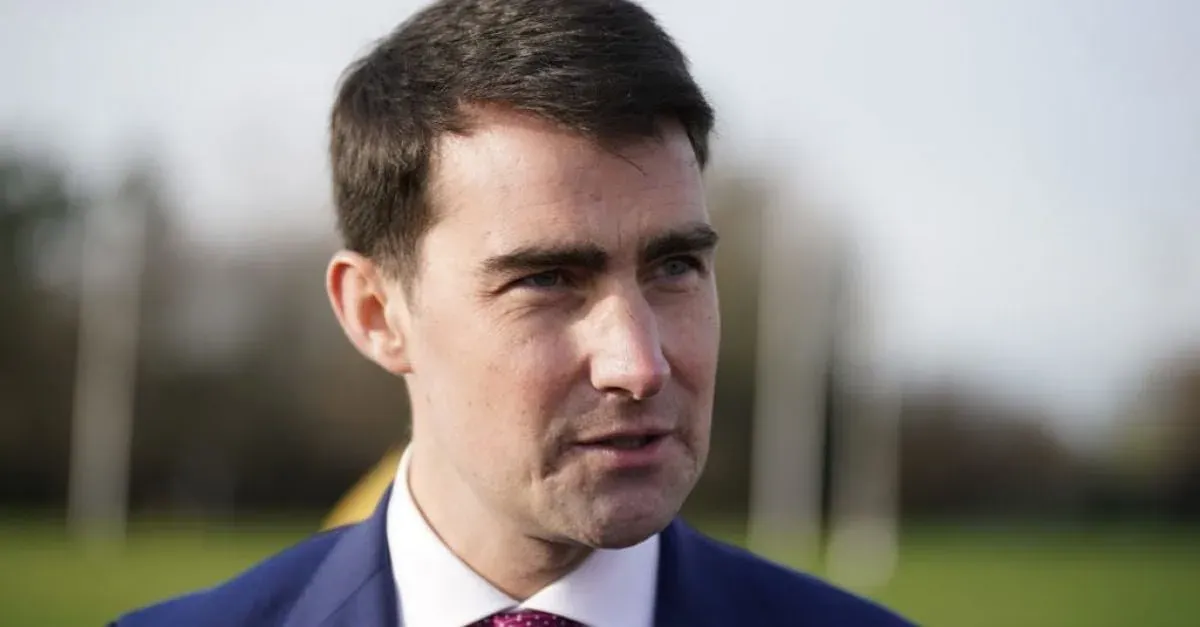The United Kingdom and the European Union have agreed on a major new deal aimed at resetting their post-Brexit relationship. Announced during a high-level summit in London, the agreement is being hailed as the most significant development in UK-EU relations since Brexit. It includes wide-ranging changes to trade, security, and mobility, with particular implications for Northern Ireland and cross-border cooperation.
The deal, described by UK Prime Minister Keir Starmer as a “reset moment,” is expected to ease trade tensions, reduce bureaucracy, and improve cooperation across several sectors. One of the most notable outcomes is a new sanitary and phytosanitary (SPS) agreement, which will reduce or eliminate routine checks on plant and animal products moving between Great Britain and Northern Ireland. This is expected to significantly ease the burden on businesses operating across the Irish Sea.
The agreement also includes a 12-year extension of EU fishing rights in UK waters, in exchange for improved access for British food and agricultural products to the EU market. The UK government claims the deal could add nearly £9 billion (€10.6 billion) to the UK economy by 2040.
For Northern Ireland, the deal is being welcomed as a step forward. The reduction in trade barriers is expected to benefit local businesses, many of which have struggled with the complexities of the post-Brexit Irish Sea border. Northern Ireland Secretary Hilary Benn called it “very good news,” saying it would make it easier for firms to trade across the UK and Ireland.
The agreement also includes a new youth mobility scheme, modelled on existing arrangements with countries like Australia and New Zealand. While capped and time-limited, it will allow young people to live and work across borders more easily. Irish citizens, however, will not be affected by this scheme, as they already enjoy free movement under the Common Travel Area.
Other elements of the deal include plans for closer cooperation on defence and security, including UK participation in the EU’s proposed €150 billion Security Action for Europe (SAFE) fund. There are also agreements to improve data sharing, including access to facial recognition databases, and to link emissions trading systems.
For Irish businesses and policymakers, the deal is being watched closely. While it does not remove the Irish Sea border entirely, it is expected to reduce its impact significantly. This could help ease tensions in Northern Ireland and improve the flow of goods between the Republic and the UK.
However, some concerns remain. Unionist support for the existing Windsor Framework has been weakening, and it is unclear whether this new agreement will be enough to restore confidence. Business groups in Northern Ireland have welcomed the progress but are calling for more clarity and faster implementation.
From the Republic of Ireland’s perspective, the deal is seen as a positive development that could stabilise relations and support economic ties. Irish exporters, particularly in the agri-food sector, stand to benefit from smoother trade flows and reduced red tape.






